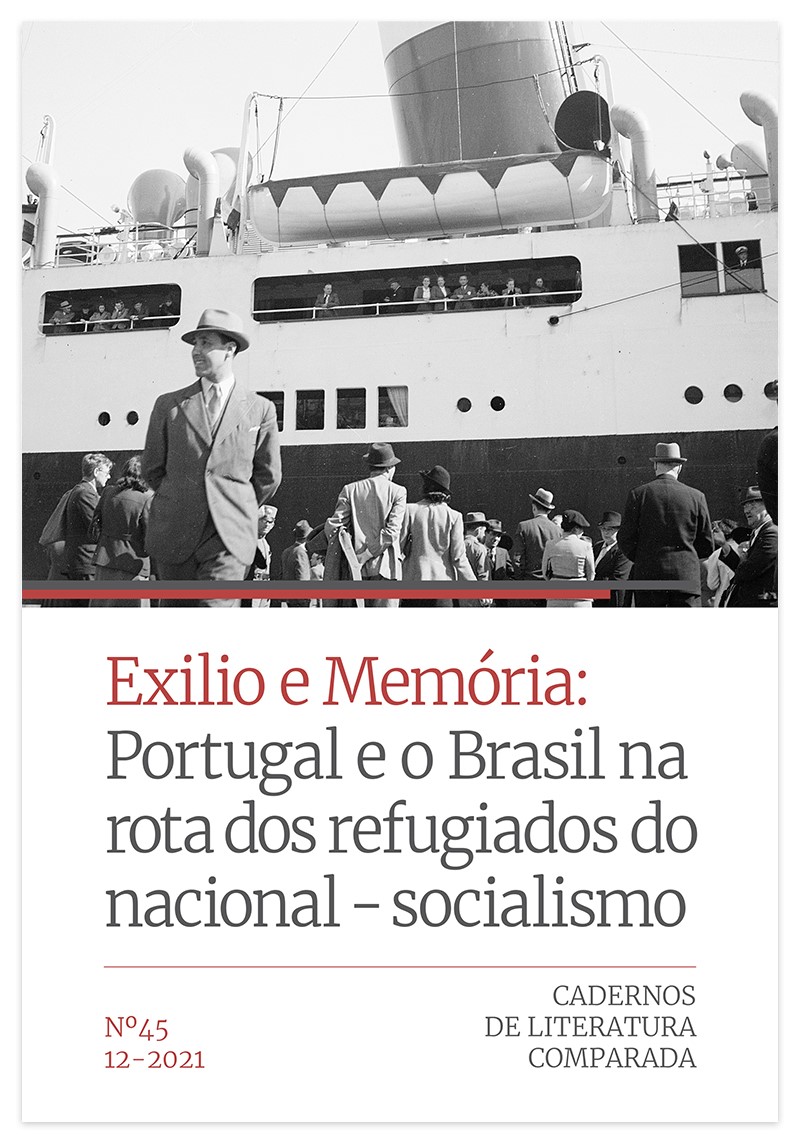Information, Publicity, Propaganda: Foreign correspondents, news agencies, and the “Great War of Words” of the first half of the 20th century
DOI:
https://doi.org/10.21747/21832242/litcomp45a1Keywords:
Information, propaganda, advertising, World Wars, foreign correspondents, news agencies, Lisbon, Hans and Irene Seligo, Douglas BrownAbstract
The essay takes as a starting point Goebbels’ speech delivered at the closing session of the Continental Advertising Congress, held in Vienna in June 1938, and explores the transformations that the communicational public space of the first half of the twentieth century underwent following the two world conflicts that erupted then.
In the first part, the essay addresses the progressive hybridisation of public discourse at the time, the increasing blurring of information, advertising and propaganda, and the rapid acceleration of the international circulation of communication during the period. In this context, special attention is paid to actors who, though not new to the international political scene – such as foreign correspondents and news agencies –, gained a new and decisive importance throughout the period in question. The second part analyses two case studies involving these actors and their power on the international political scene during World War II. Geographically, the two case studies are centred around an axis that is usually considered peripheral to the war – neutral Portugal – but which appears central and, in a way, paradigmatic to the “Great War of Words” that was also being fought in the international public space.


